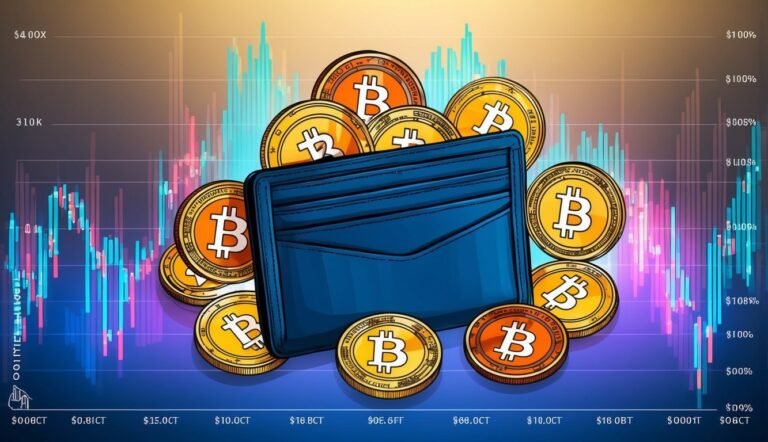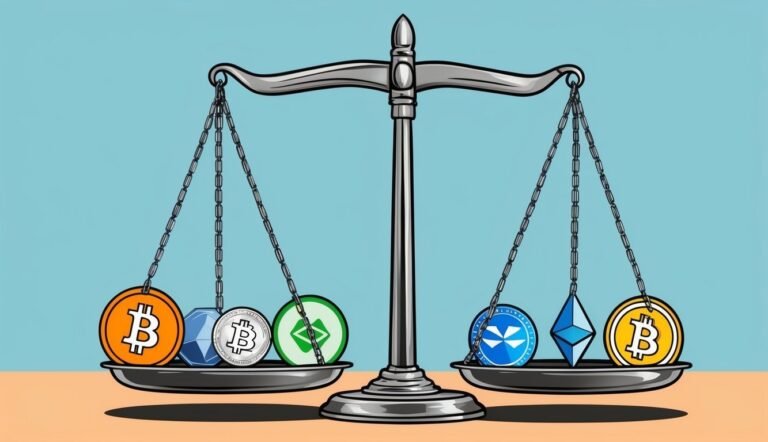
Exchange Fees in Crypto: What You Need to Know Before Trading
Crypto exchanges charge trading fees ranging from 0.1% to 0.6%, with additional costs like withdrawal fees and spreads impacting overall profitability.

Crypto exchanges charge trading fees ranging from 0.1% to 0.6%, with additional costs like withdrawal fees and spreads impacting overall profitability.

Perpetual Protocol is a decentralized exchange for trading perpetual futures contracts using virtual automated market-makers, enabling leverage and governance through its native PERP token.

Wrapped Bitcoin (WBTC) is an ERC-20 token that represents Bitcoin on the Ethereum network, enabling Bitcoin holders to participate in decentralized finance (DeFi) applications.

Bitcoin SV (BSV) is a cryptocurrency that prioritizes large block sizes for faster transactions and lower fees, aiming to fulfill Satoshi Nakamoto's original vision for Bitcoin.

Balancer is a decentralized finance platform on Ethereum enabling token trading, custom liquidity pools, and rewards through BAL tokens for liquidity providers within its ecosystem.

Gemini Dollar (GUSD) is a stablecoin pegged to the US dollar, ensuring its value remains stable at $1, backed by real US dollar reserves.

Ampleforth (AMPL) adjusts its supply daily to maintain a target price of $1, utilizing a rebasing mechanism that affects all wallets equally.

BarnBridge (BOND) is a DeFi protocol that enables users to manage risks related to crypto investments through tokenized risk products and governance via BOND tokens.

Soulbound Tokens (SBTs) are non-transferable digital assets that represent personal identity, skills, and achievements, enhancing online trust and verification in digital interactions.

Initial DEX Offerings (IDOs) are decentralized fundraising events allowing crypto projects to sell tokens directly to investors, promoting fairness and accessibility in the crypto ecosystem.